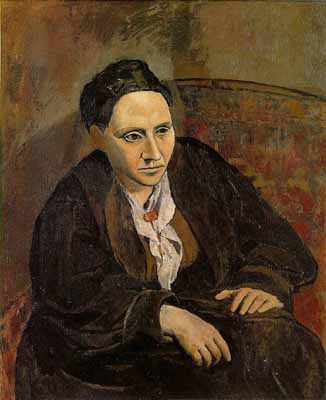
Please sign the petition in support of the Centre for Comparative Literature here.
One of my favourite hymns as a child was “Oh, for a thousand tongues to sing!” Today, I am basking in the glory of not just a thousand tongues, but more than five thousand of them singing in defence of Northrop Frye’s Centre for Comparative Literature.
We’ve had an overwhelming response to our petition: within a week of posting it, we have received over than fifty-five hundred signatures are steadily working our way now toward six thousand. The emails continue to pour in and fill the inboxes of President David Naylor, Provost Cheryl Misak, and Dean Meric Gertler. Both the petiton and the emails have allowed our appeal to be heard over and over again, and I ask that you to continue to write in and to encourage others to sign the petition — and, of course, to follow developments on this wonderful blog.
The petition itself is an incredible vote of confidence. As I said earlier this week, so far there are only twelve votes of non-confidence, represented by the officials who are overseeing the proposed closure of the Centre. The five thousand-plus votes of confidence, meanwhile, come from some of the most important names in the field, from writers, from the international reading public, and, of course, from readers of our blog.
Here now are some of names of those who have signed the petition. When I first posted about the petition the following prominent names quickly appeared: Ian Balfour, Svetlana Boym, Rey Chow, Jonathan Culler, Jonathan Hart, Nicholas Halmi, Linda Hutcheon, Andreas Huyssen, Ania Loomba, Franco Moretti, Tilottama Rajan, Germaine Warkentin. In recent days, we have seen people like Margaret Atwood, Harold Bloom, Robert D. Denham, Gayatri Chakravorty Spivak, Darko Suvin, Judith Butler, Ngugi wa Thing’o, Avital Ronnel, Balibar Etienne, Mary Louise Pratt, Cathy Caruth, Michael Taussig, Michael Hardt, Françoise Lionnet, Angela Esterhammer, George Yudice, Shu-mei Shih, Wai Chee Dimock, Jacques Lazra, Eric Santner, Stanley Fish, Natalie Zemon Davis, Dominick LaCapra, Sander L. Gilman join the list.
If you haven’t yet signed the petition, please consider doing so to add your name to this growing chorus of supporters. With your support, the Centre for Comparative Literature at the University of Toronto will prevail.
This is not the first time that Comparative Literature at Toronto has faced a threat. Northrop Frye in an extended 1982 interview (“Towards an Oral History of the U of T) recalls: “The disadvantage is that the comparative literature department has been rather left out in the cold. Toronto dragged its feet on comparative literature for so long that [Ernest] Sirluck finally – I won’t say got around to organizing it because it was one of his priorities from the beginning – but when he did start to organize it, the medieval and Renaissance fields were preempted by those institutes, so that all the comparative literature department could take was Romantics and moderns and the theory of criticism” (CW 24,623).
Now, in 2010, U of T is once again dragging its feet, and now is the time to join us in protesting the ill-advised recommendations of the Strategic Planning Committee at the University of Toronto’s Faculty of Arts and Science. So, as always, please sign the petition and please forward this information to your colleagues, friends, and family. Together we can save Northrop Frye’s Centre for Comparative Literature and, together, in two years, we can celebrate the centenary of Northrop Frye birth at the very Centre he created.






